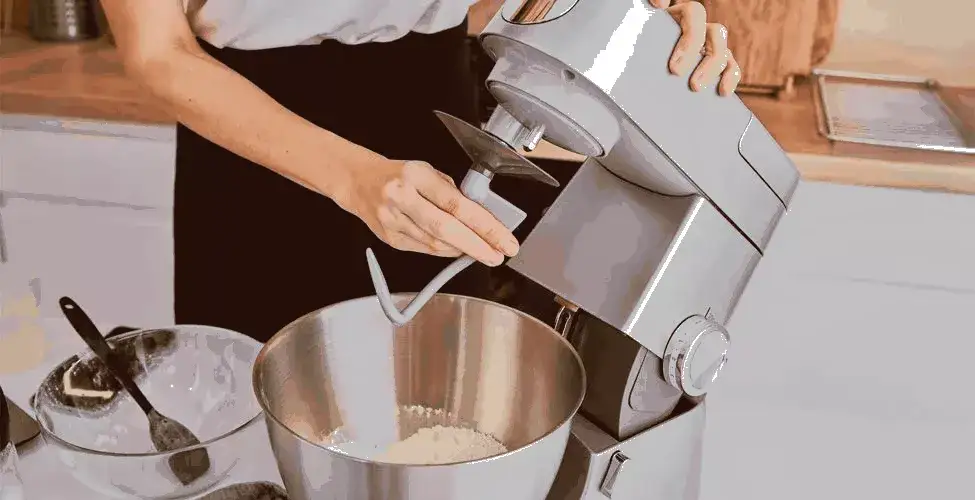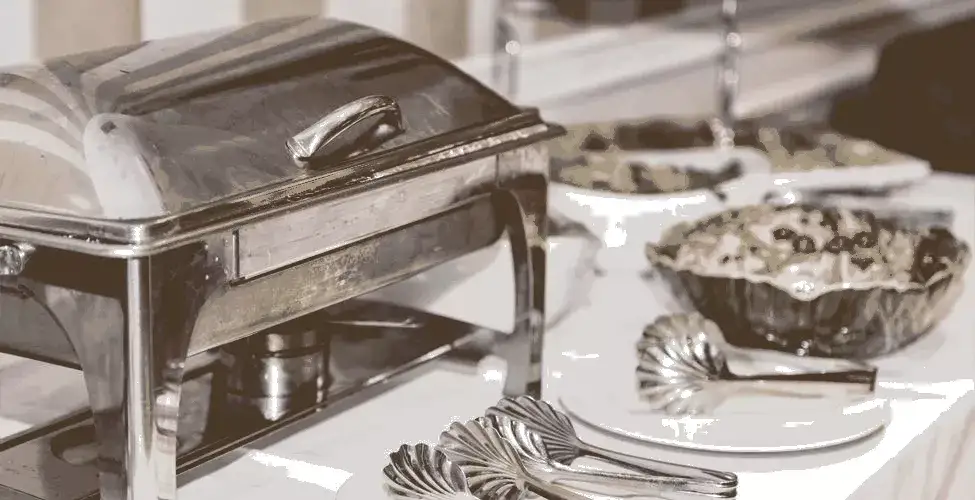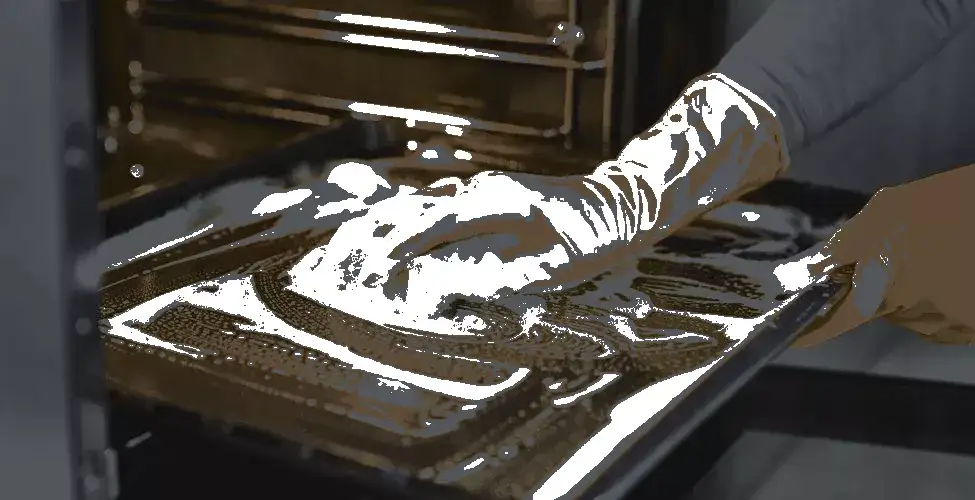How to Clean, Care For, and Maintain Your Commercial Mixer
Commercial Restaurant Resources
See all

Catering Equipment and Supplies: List of Most Important Items

The 5 Best Commercial Kitchen utensils

The 5 Best Commercial Kitchen Juicers
Used restaurant equipment encompasses a wide range of pre-owned commercial appliances, tools, and supplies essential for foodservice operations. These items have been previously used in restaurants, cafeterias, or other food-related businesses and are now available at reduced prices. By choosing pre-owned equipment, businesses can significantly reduce their startup or expansion costs while still obtaining reliable, professional-grade tools for their kitchens.
Benefits of choosing used restaurant supplies:
When outfitting your foodservice operation, it's worth exploring our selection of used commercial refrigerators to complement your kitchen setup. Our inventory of pre-owned cooking equipment can help you create a fully functional kitchen at a fraction of the cost of new items. By choosing used equipment, you're not only saving money but also contributing to sustainable practices in the foodservice industry. We invite you to browse our collection and discover how pre-owned equipment can benefit your business while maintaining the high standards required in professional kitchens.
Before purchasing pre-owned restaurant equipment, assess your specific needs and budget. Research the market value of the items you're interested in and compare prices from different sellers. Thoroughly inspect the equipment in person or through detailed photos and descriptions if buying online. Ask about the item's history, including its age, previous use, and any repairs or refurbishments. Ensure the equipment meets health and safety standards for commercial use. Finally, consider factors such as warranties, return policies, and shipping costs.
Maintaining used kitchen equipment is crucial for ensuring its longevity and performance. Thoroughly wash the equipment with appropriate cleaning agents, paying particular attention to food contact surfaces. Regularly inspect for wear and tear, addressing any issues promptly. Follow manufacturer guidelines for maintenance schedules and procedures. Keep moving parts lubricated and replace worn components as needed. For complex equipment, consider scheduling professional maintenance checks.

How to Clean, Care For, and Maintain Your Commercial Mixer

Catering Equipment and Supplies: List of Most Important Items

The 5 Best Commercial Kitchen utensils

The 5 Best Commercial Kitchen Juicers